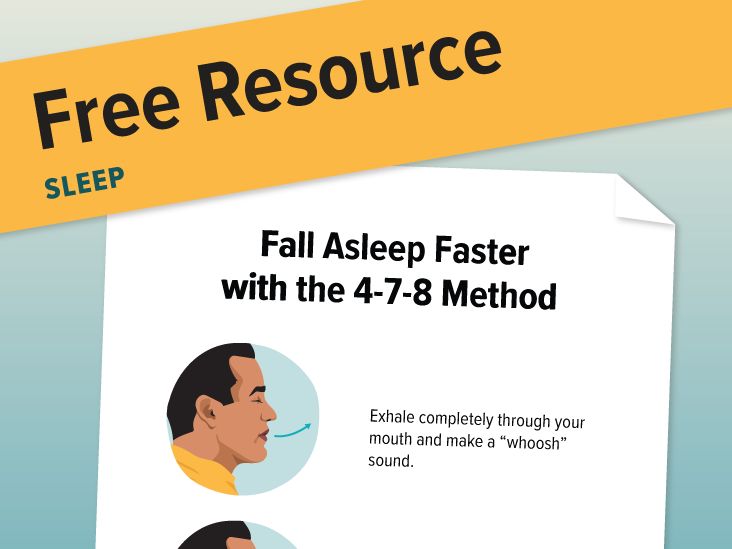Regularly sleeping less than you need at night can put your health and safety at risk, which is why it’s essential that you prioritize and protect your sleep daily.
Getting a good night’s sleep is incredibly important for your health. In fact, it’s just as important as eating a balanced, nutritious diet and exercising. Most people need 7 to 9 hours.
Here are five reasons why getting more sleep can help support your body and mind.
1. May help you maintain or lose weight
The Centers for Disease Control and Prevention (CDC)Trusted Source currently recommends that adults get 7 or more hours of sleep per night.
A 2020 analysisTrusted Source found that adults who slept fewer than 7 hours per night had a 41% increased risk of developing obesity. Meanwhile, sleeping longer didn’t increase the risk.
The effect of sleep on weight gain is believed to be affected by numerous factors, including hormones and motivation to exerciseTrusted Source.
For instance, sleep deprivation increases levels of ghrelin and decreases levels of leptin. Ghrelin is a hormone that makes us feel hungry while leptin makes us feel full. This may cause us to feel hungrier and overeat.
This is supported by a 2020 studyTrusted Source that has shown that sleep-deprived individuals have a bigger appetite and tend to eat more calories.
What’s more, to compensate for lack of energy, sleep deprivation may make you crave foodsTrusted Source that are higher in sugar and fat due to their higher calorie content.

HEALTHLINE NEWSLETTER
Learn how to fall asleep faster with our free guide
If you have trouble falling asleep, the 4-7-8 method is a simple technique you can try to relax and get better rest. Join our sleep well newsletter for your free guide and expert guidance once a week.
Enter your emailJOIN NOW
Your privacy is important to us
2. May improve concentration and productivity
Cognition, concentration, productivity, and performance are all negatively affectedTrusted Source by sleep deprivation.
A 2020 studyTrusted Source involving overworked physicians provides a good example. It found that doctors with moderate, high, and very high sleep-related impairment were 54%, 96%, and 97%, respectively, more likely to report clinically significant medical errors.
On a similar note, getting enough sleep can improve academic performance in children, adolescents, and young adults.
Finally, good sleep has been shown to improve problem-solving skills and performance in both children and adults.
3. May maximize athletic performance
Adequate sleep can enhance fine motor skills, reaction time, muscular power, muscular endurance, and problem-solving skills.
What’s more, lack of sleep may increaseTrusted Source your risk of injury and lower your motivation to exercise.
So, getting enough sleep may be just the thing you need to take your performance to the next level.
4. May strengthen your heart
Low sleep quality and duration may increase your risk of developing heart disease.
One analysisTrusted Source of 19 studies found that sleeping fewer than 7 hours per day resulted in a 13% increased risk of death from heart disease.
What’s more, short sleep appears to increase the risk of high blood pressureTrusted Source, especially in those with obstructive sleep apnea — a condition characterized by interrupted breathing during sleep.
5. May affect emotions and social interactions
When we’re tired, we have a harder time managing emotional outbursts and other behaviors in front of others. Tiredness may also affect our ability to respond to humor and show empathy. When we haven’t slept enough, we may be grumpy and irritable.
Plus, a loss of sleep may result in less engagement in social activities due to decreased motivation, and when social experiences do occur, it may be more difficult to foster positive emotions and feelings of connectedness.
If you live with loneliness or emotional outbursts, don’t be afraid to reach out to a friend, family member, or healthcare professional to get support.
The takeaway
Along with nutrition and exercise, quality sleep is one of the pillars of health. The American Heart Association has called it one of Life’s Essential 8Trusted Source.
Though individual needs vary, most research suggests that you should get between 7 and 9 hours of sleep per night for optimal health.
Just like you prioritize your diet and physical activity, it’s time to give sleep the attention it deserves.
How we reviewed this article:
Sources
History
Our experts continually monitor the health and wellness space, and we update our articles when new information becomes available.
Current Version
Jan 16, 2025
Written By
Joe Leech, MS
Edited By
Christina Snyder
Copy Edited By
Nastassja Myer
Jan 13, 2025
Medically Reviewed By
Meir Kryger, MD, FRCP(C)
VIEW ALL HISTORY
Reference: Medically reviewed by Meir Kryger, MD, FRCP(C) — Written by Joe Leech, MS — Updated on January 16, 2025
